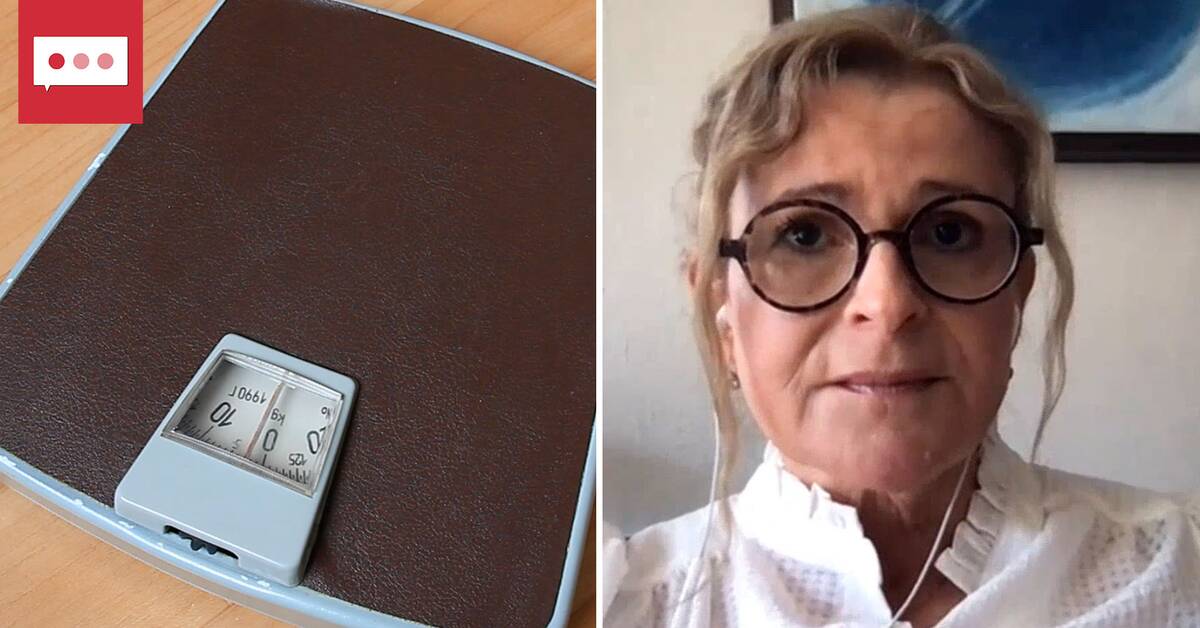As early as next year, two new drugs for obesity can be launched in Sweden. They have evolved from Ozempic, the diabetes drug that recently sold out because people without diabetes used it to lose weight. And more are on the way.
Common to the new drugs, Wegovy and Mounjaro, is that they suppress hunger.
"When you lose weight, the body counteracts weight loss by increasing hunger. Therefore, these drugs are extremely valuable," says Joanna Uddén Hemmingsson, chief physician and operations manager at the Obesity Center at Capio St. Göran's Hospital in Stockholm and chairman of the Swedish Association for Bariatric Research.
Can replace surgery
The difference is that the new drugs cause a much greater weight loss than their predecessors.
"In some of our patients, they can become an alternative to surgery. They also have relatively mild side effects," says Joanna Uddén Hemmingsson.
Figures from the Public Health Agency of Sweden show that there are just over one million Swedes with a BMI – which measures the relationship between weight and height and thus not necessarily health – over 30, which is a benchmark for obesity. About 400,000 of them have weight-related sequelae, such as type 2 diabetes.
"My guess is that it is primarily they who may be considered for treatment with the new drugs. But I don't think you should just look at BMI. You can benefit from treatment even if you have a lower BMI but strong genetic predisposition to cardiovascular disease.
Want to see clear rules
In order for the new drugs not to be used by healthy people who want to lose weight, as in the case of Ozempic, Joanna Uddén Hemmingsson wants to see clear rules for who should receive the drug.
They should also be combined with a programme where the patient receives support to change their lifestyle.
"It's not about getting thin, it's about getting health benefits. Our patients may still have a BMI of 30 after treatment, but they have significantly reduced the risk of sequelae.
See how the drugs work in the clip above.

